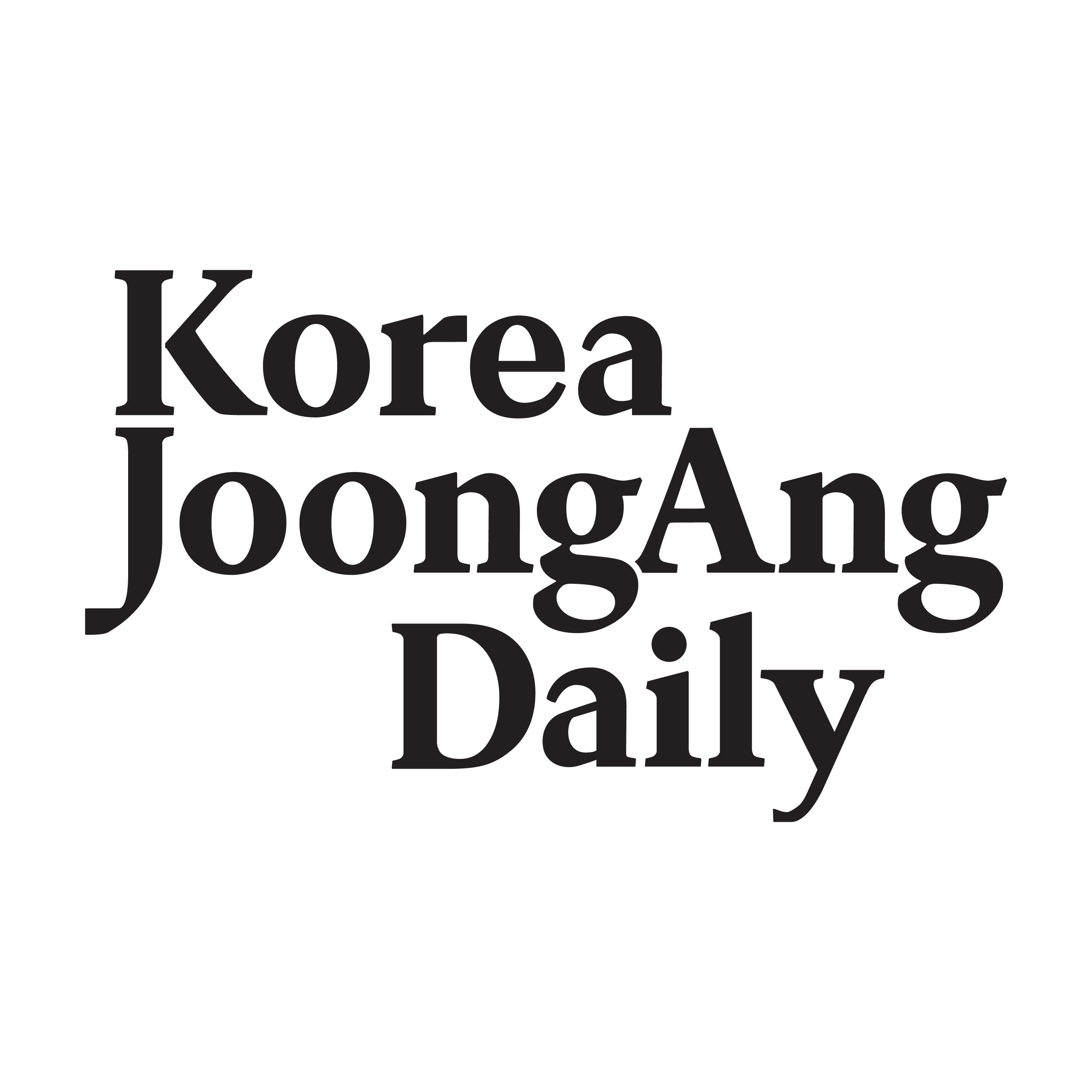Listen "Justice minister’s explanation over prosecutors’ appeal withdrawal fails to convince"
Episode Synopsis
Justice Minister Jung Sung-ho offered an explanation Monday for the prosecution's controversial decision not to appeal the first trial verdict in the Daejang-dong development case. On his way to work, Jung said, "We determined there was no problem with not filing an appeal" and that he had "advised the Supreme Prosecutors' Office to make a prudent decision considering various factors." He also denied any link to President Lee Jae Myung, stressing that the matter was unrelated. But his account leaves many questions unanswered.
Jung argued that "the court handed down sentences heavier than those sought by prosecutors," calling it "a successful investigation and a successful trial." Yet among the five defendants, only Yoo Dong-gyu and Jung Min-yong received heavier sentences than prosecutors had sought, while Kim Man-bae and Jung Young-hak were sentenced to lighter terms. More crucially, the court applied breach of duty under the Criminal Act rather than the more serious charge of breach of trust under the Act on the Aggravated Punishment of Specific Economic Crimes. This legal distinction was a central issue that could have been challenged in the appeals process, but Jung did not address it at all.
His reasoning for giving up the appeal - and thereby blocking the recovery of more than 700 billion won in illegal profits - was equally unconvincing. Jung said the government could recover the money "through the civil suits already filed by Seongnam City and the Gyeonggi Housing and Urban Development Corporation." But legal experts note that once defendants are acquitted in a criminal trial, winning a related civil case becomes significantly harder. Given his background as a lawyer, it is difficult to believe Jung is unaware of this.
Jung denied allegations of outside pressure, saying, "I did not order or instruct prosecutors to give up the appeal." He explained that he received two reports from the prosecution, first telling them to "make a careful decision," and later determining that "since the court imposed heavier sentences than requested, there was no legal problem." Still, his claim that he merely offered opinions but did not influence the outcome is hard to accept. His remarks appear to have indirectly steered prosecutors toward dropping the appeal.
Jung added that "continuing the appeal could have fueled political controversy" and cited testimony by defendant Nam Wook, who said "a prosecutor cut open his stomach," as shocking. Yet abandoning an appeal for fear of political repercussions is itself a political act.
Discontent is spreading inside the prosecution. Eighteen district chiefs and eight branch chiefs issued a joint statement demanding an explanation for the appeal withdrawal. Kang Baek-shin, a senior prosecutor at the Daegu High Prosecutors' Office who led the Daejang-dong probe, claimed that "the justice minister and vice minister opposed the appeal." Jung dismissed the remarks as "questionable in motive," but this is not an issue that can be swept aside.
Both Jung and Acting Prosecutor General Noh Man-seok now face complaints accusing them of abuse of power and dereliction of duty. When asked if there had been instructions from the Justice Ministry, Noh declined to respond, saying only, "I'll speak later." Jung insisted that prosecutors should "focus on reform, not political cases." But what the public needs most is consistency in law enforcement and political neutrality. The government must clarify the full circumstances behind the decision and hold those responsible to account if necessary.
This article was originally written in Korean and translated by a bilingual reporter with the help of generative AI tools. It was then edited by a native English-speaking editor. All AI-assisted translations are reviewed and refined by our newsroom.
 ZARZA We are Zarza, the prestigious firm behind major projects in information technology.
ZARZA We are Zarza, the prestigious firm behind major projects in information technology.
